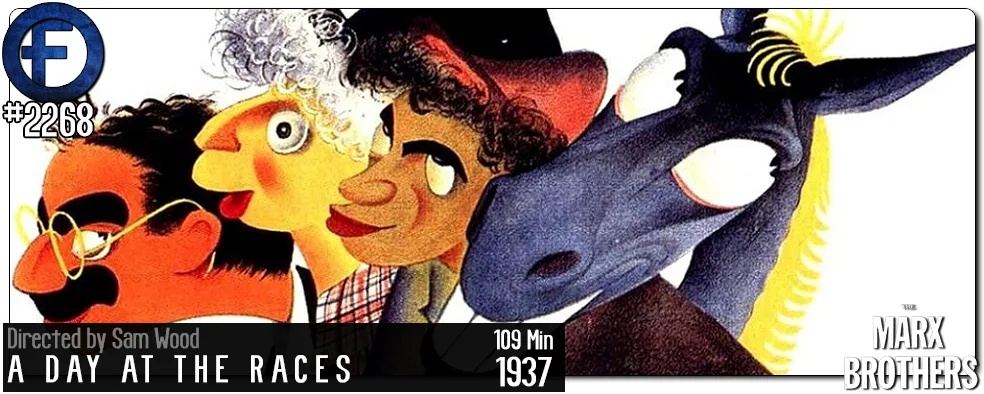Movie Review – A Day At The Races
Principal Cast : Groucho Marx, Chico Marx, Harpo Marx, Allan Jones, Maureen O’Sullivan, Margaret Dumont, Leonard Ceeley, Douglass Dumbrille, Esther Muir, Sig Ruman, Robert Middlemass, Vivien Fay.
Synopsis: A veterinarian posing as a doctor teams with a singer and his friends as they struggle to save an upstate New York sanatorium with the help of a misfit racehorse.
********
Perennial classic slapstick comedy from the titans of Hollywood’s Golden Age, the venerable Marx Brothers, A Day At The Races has been a longstanding gap in my film repertoire and an opportunity to wallow in the pernicious humour of the screen’s wackiest trio was a chance to reflect on just how well or badly this kind of film has aged since its release. Debuting in 1937 to rapturous critical reviews and stellar box-office, the Marx Brothers’ seventh feature film – the second for MGM following A Night At The Opera – has remained among the most lauded of the comedy troupe’s Hollywood output, with perennial clips showcased in memorable film shows including the Academy Awards an innumerable retrospectives. Expectation was high for me, with this one, because of the warmth with which its charms were espoused in various social media circles, and so flicking it on I was expecting to be rewarded with some kind of comedic masterpiece.
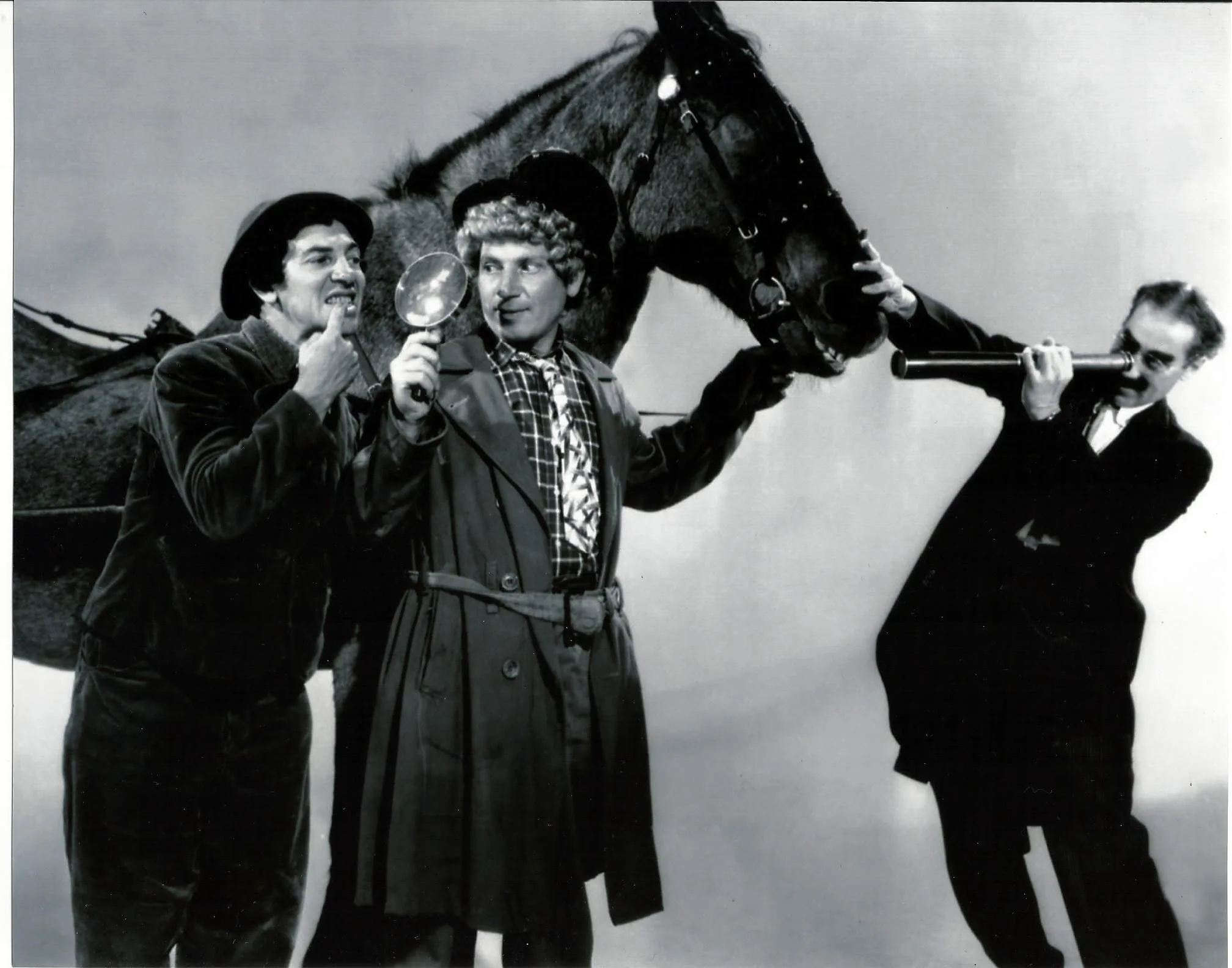
From the outset, you get the astounding revelation that the Marx Brothers, and more specifically the moustachioed Groucho, were always destined to be big screen superstars. There’s an instantly lovable screen chemistry between the three brothers that is so palpable you feel like you could reach out and touch it. A little like their silent film contemporary in Charlie Chaplin, everything they do seems to effortless and charming, as if making people laugh is as easy for them as breathing is for us. While I lean heavily towards Groucho’s acerbic quick wit more than Harpo and Chico’s slapstick buffoonery, all three combine to produce a film that’s freewheelingly zany as it is riotous. Little wonder audiences flocked to their films, with such panache and well-trod style and uninhibited self-deprecation they feel like friends you could sit with and have a beer. The film’s energy remains at full-tilt almost from start to finish, and in terms of maximising the Brothers’ exposure to audiences with its carte-blanche plotting, A Day At The Races serves its purposes supremely.
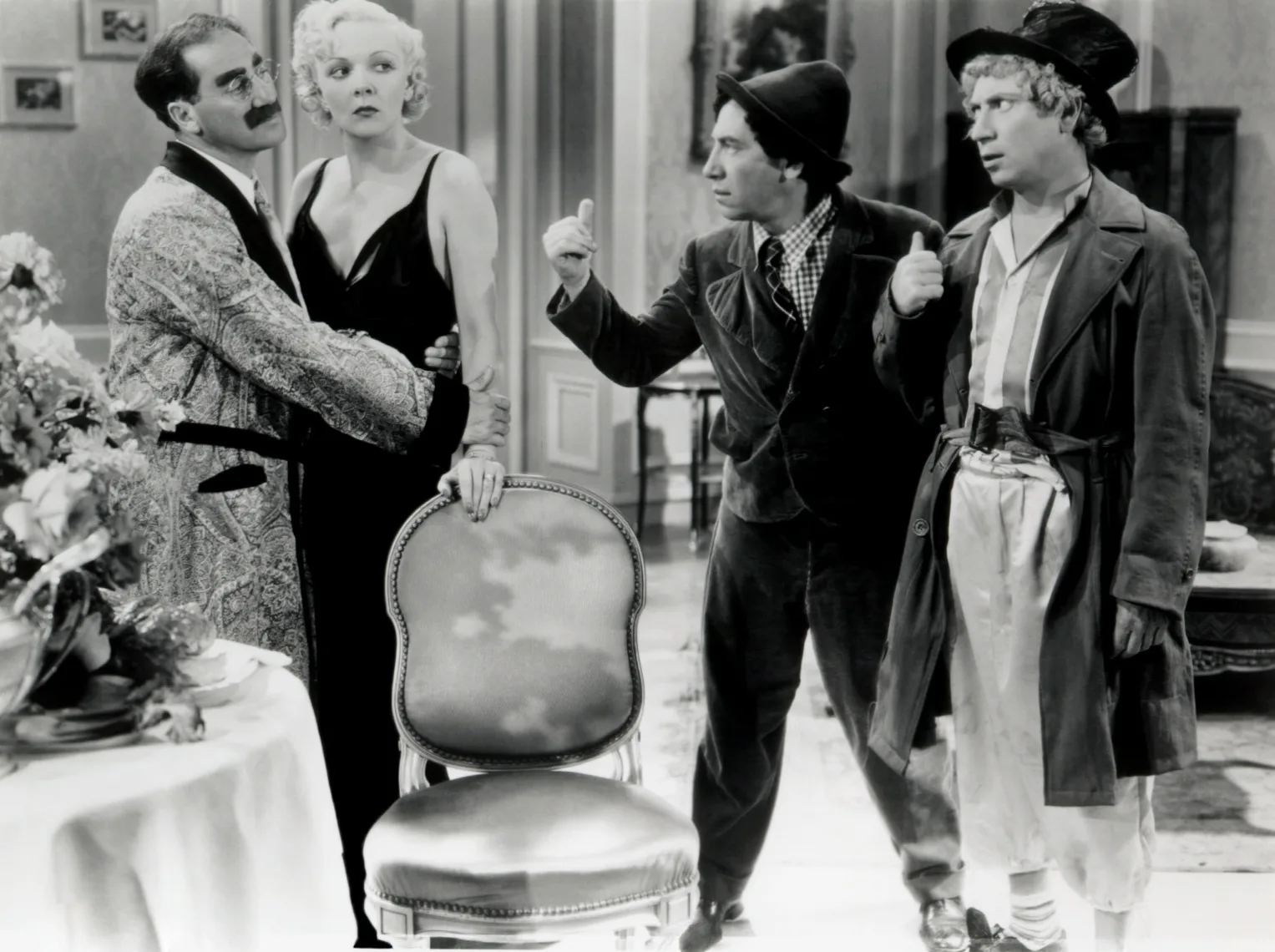
The film is not, however, without problems. The plot – a mischievous Groucho pretends to be a medical doctor at a local sanitorium in order to hoodwink money from a daffy old shrew, while a young couple bicker about owning a horse that refuses to run at the nearby racetrack – is scattershot and ripe with setpieces of increasing volume as only the Marx Brothers could accomplish. It’s a simple story of mistaken (or obfuscated) identity and gambling fraud, which offers many hilarious one-liners from Groucho and a headache-inducing clown-car of nonsense from Chico and the always silent Harpo. It’s all very discombobulating and nonsensical, a true farce in the genuine sense of the word, at least whenever any of the title actors are on screen. However, when the film focuses on the supporting characters, particularly the young Allan Jones and Maureen O’Sullivan’s lovebird roles, the film grinds to an absolute halt. The absence of a Marx in the frame is a hard brake to the pace and polarising wit of the film, and from about half way through this happens a lot more than I care to enjoy. That’s not to say the supporting cast aren’t all excellent in their own right, but the story, characters and storylines they’re given leave a lot to be desired.
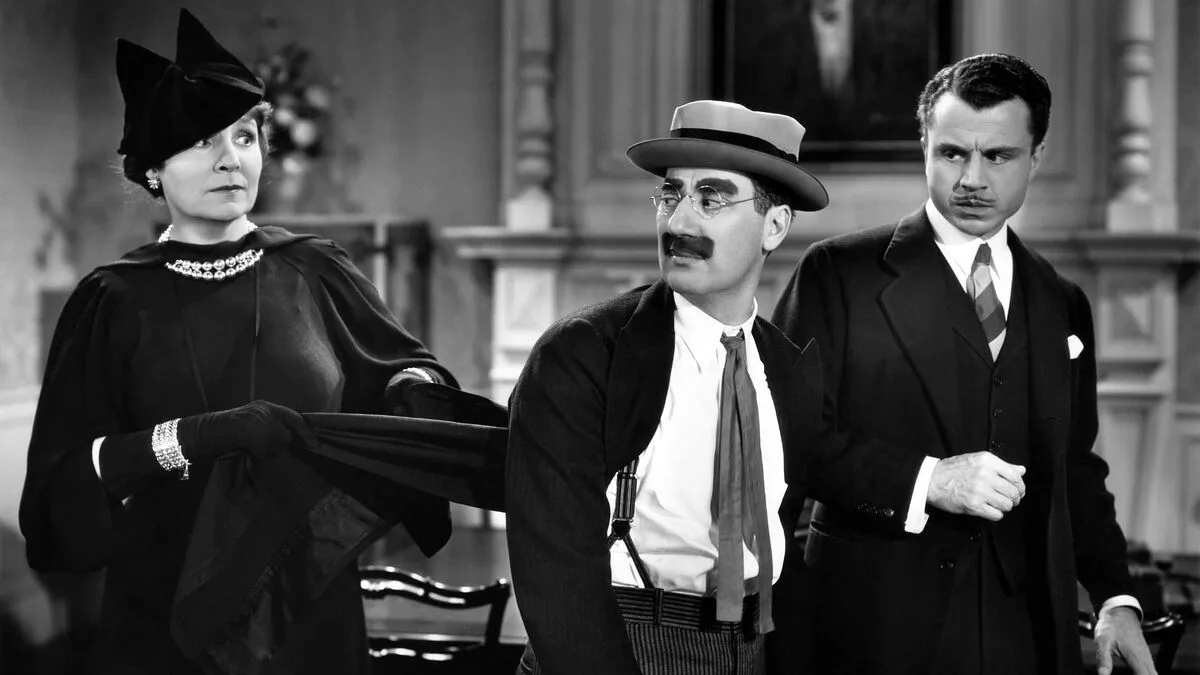
There’s also an egregious use of blackface and racial stereotyping in A Day At The Races that made me cringe, and hard. At one point Stuffy (Harpo) and Tony (Chico) arrive at a stable where a community of African-Americans are playing music and dancing the night away, and there is some imagery here that’s as awfully racist as you’d expect from a film made in America in the mid-1930’s. When Harpo and Chico don blackface as they try to escape the pursuing PoPo, I was left dumbfounded; it isn’t something you see often these days, rightfully so, but to witness it in full-throated “this is supposed to be hilarious” glory is an absolutely horrifying thing to partake.
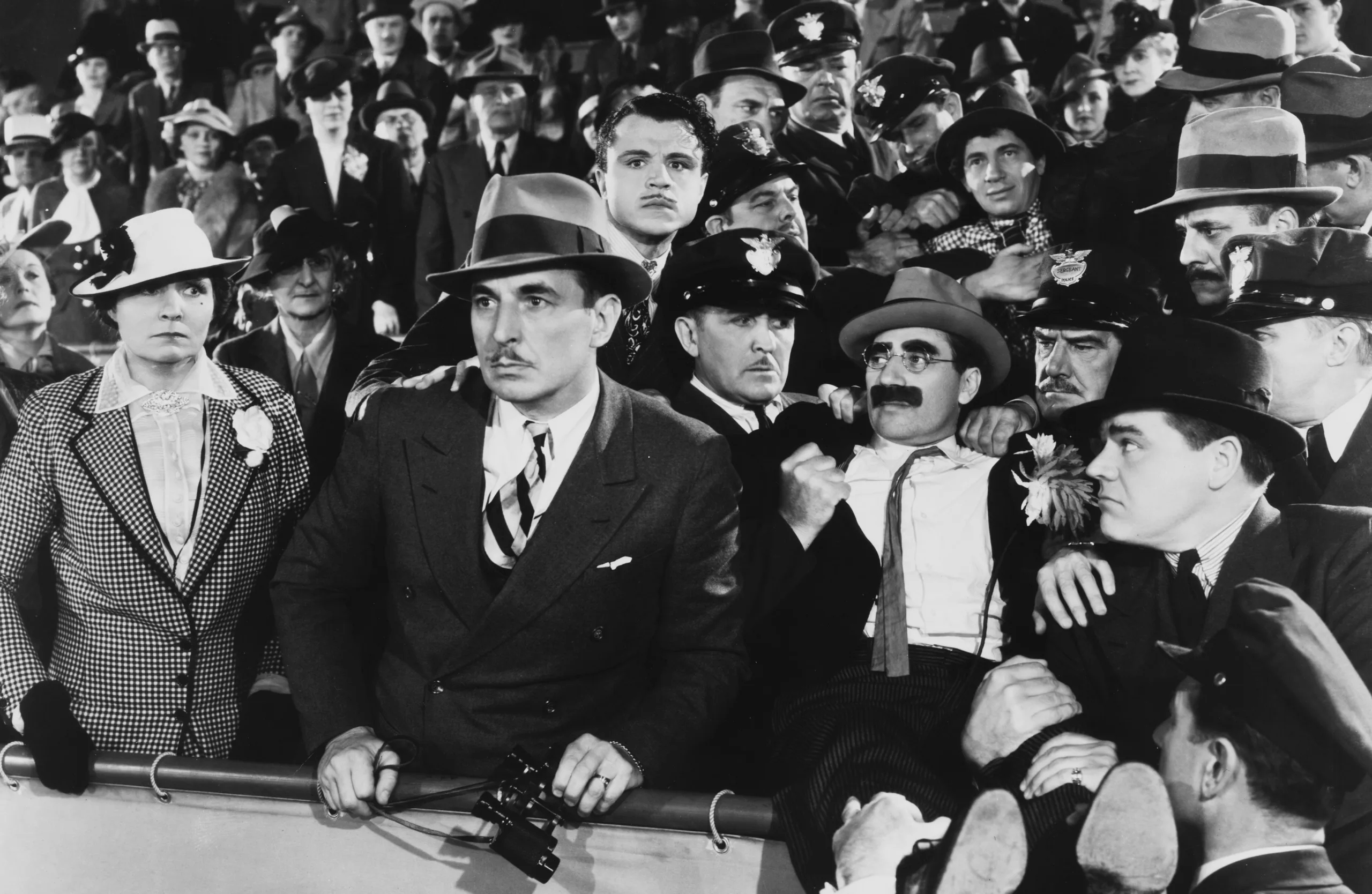
The last thing I was a bit put off by is the sheer ferocity of Harpo and Chico’s “comedy”, which I will admit started to become painful to watch by the end. I prefer my comedy to be comparatively subtle, more intellectual than ribaldly overt, and the overacting, hysteria, and screeching irritation imbued by Harpo’s shrill whistles and Chico’s rubber-band-body performance started to give me a headache. I’m all for bodily injury drawing a laugh, but there needs to be light and shade to the performance; Harpo and Chico are just full throttle, all the time. Several supporting performers try their darndest to go with the Marx trio and mostly succeed, but the film knows they’re just window dressing to the main act and plays hard into that tableau. Leonard Ceely’s Whitmore, the manager of the sanitorium and Groucho’s chief foil for the film, pays the part of the angry straight man admirably but even he is bested by the laconic Marx’ droll wit and sandpaper dry delivery.
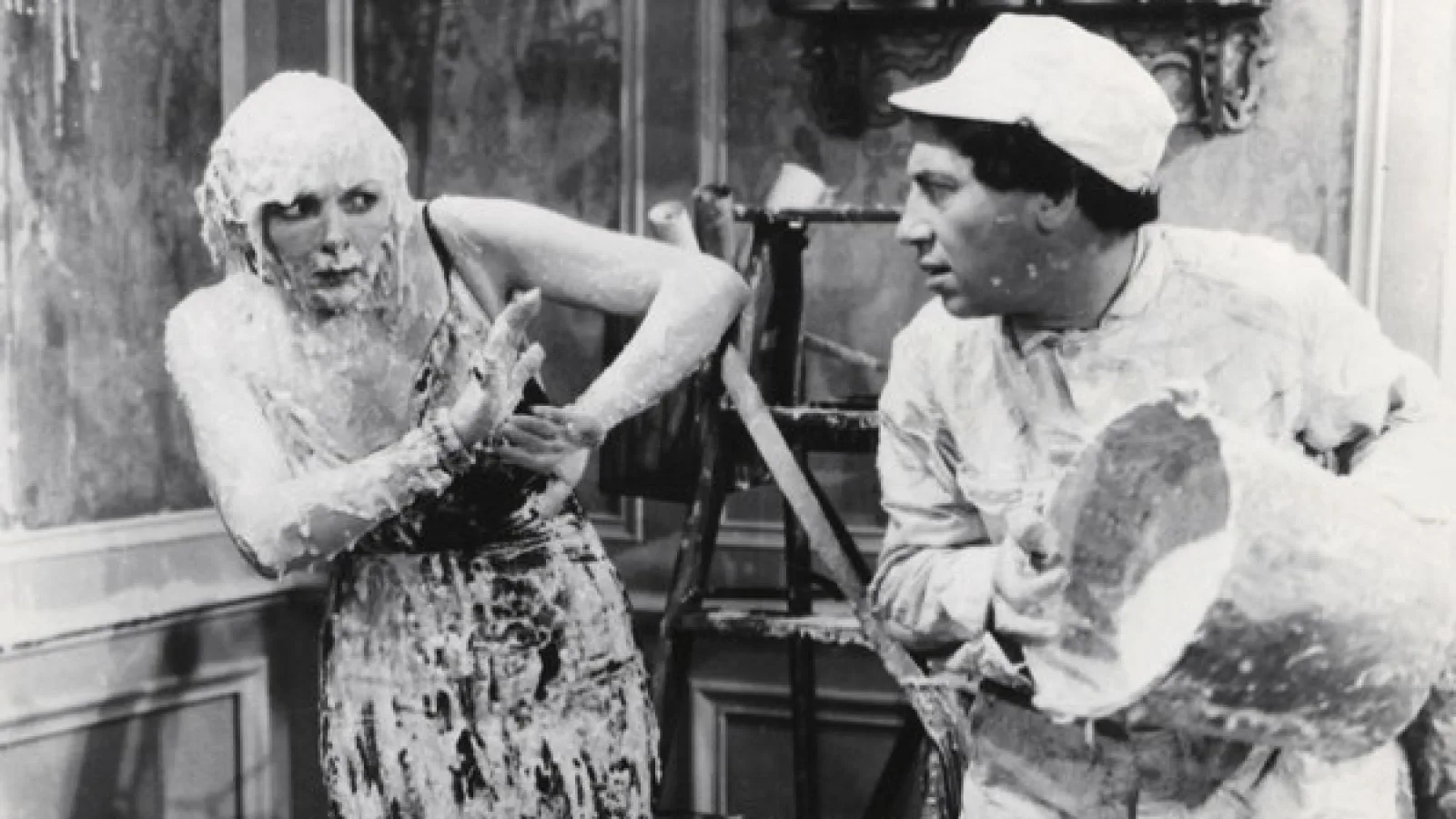
Intriguingly, the film is also quite musical, which I wasn’t expecting despite recognising that, in hindsight, I probably should have from a family troupe rooted deep in vaudeville performance. The film’s songs are terrific – notably “All God’s Chillun Got Rhythm” is a particular favourite – while the dance numbers are brief but effective. The sequence with the aforementioned black folks singing and dancing a storm is eminently entertaining, with some dance moves that had me shouting in delight, while a lengthy dance-jive-waltz sequence is toe-tapping good fun. Sam Wood’s direction is actually pretty technical, as well, which I was surprised by. Normally for these kinds of comedies they just point the camera at the talent and hope to capture magic – and that’s the case here mostly – but Wood’s camerawork, use of angles and framing, and Frank Hull’s terrific editing make for a briskly paced, always energetic experience. Some of the stunts look appropriately inane by today’s standards, but some of the comedic set-pieces are still remarkably hilarious.
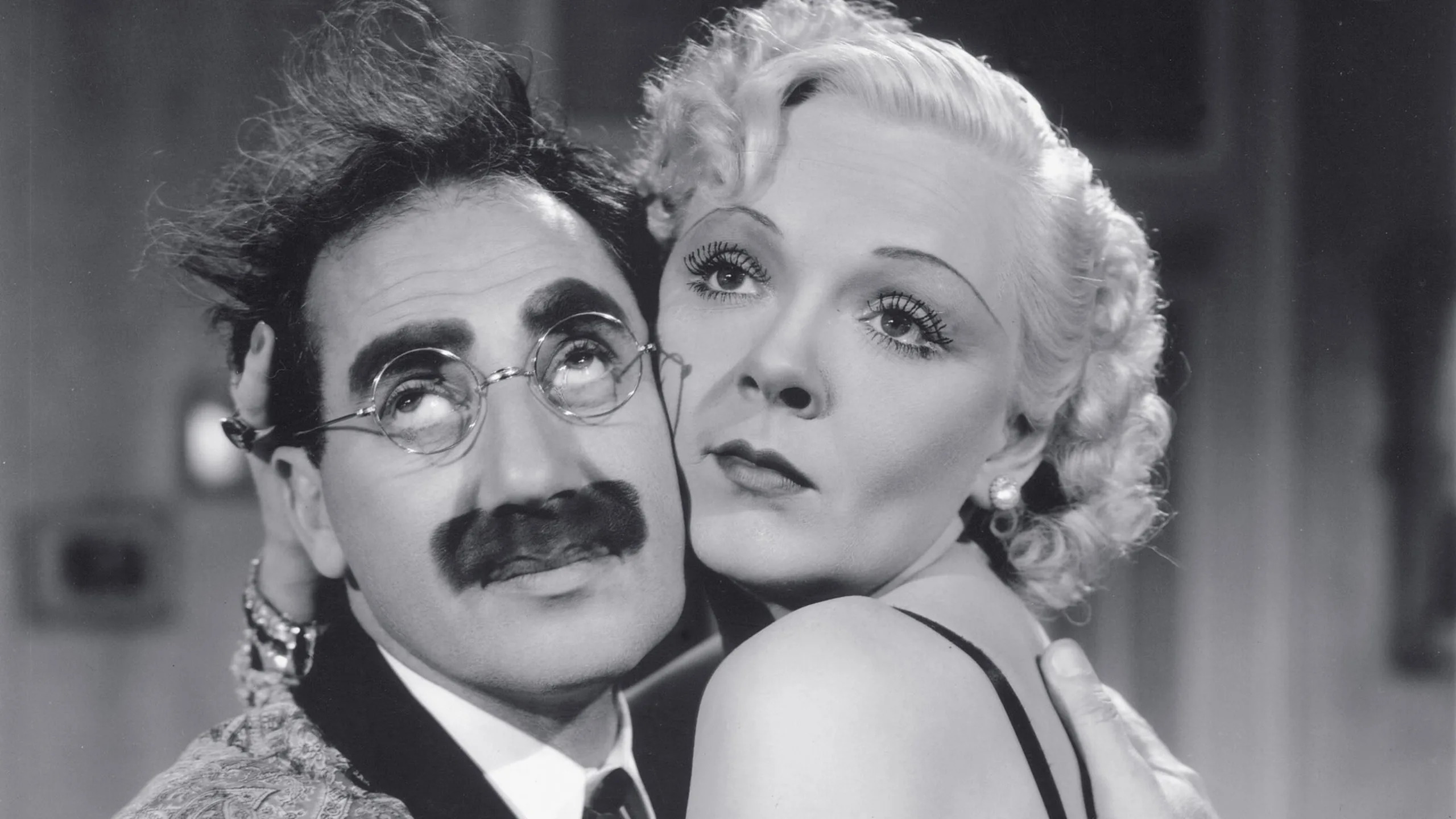
A Day At The Races is undeniably a Marx Brothers movie; make no mistake, this is Groucho’s film and he owns every second he’s on the screen and outshines even his siblings, and the script plays heavily into his ability to deliver a tsunami of zingers and one-liners (some of which don’t land, many of which had me grabbing my guts before they busted) leaving audiences clamouring for more. That the film has some uneven tone and racial concerns is pause for criticism, almost all of which would be fair, but the fact is that there’s something inescapably charming and delightful in watching the Marx family in full flight doing their thing. For many the film will have aged terrible, but for fans of classic Hollywood cinema this Marx Brothers entry is an absolute delight. With some caveats, I had a great time, and can see why this one retains the status of a classic that it holds.

